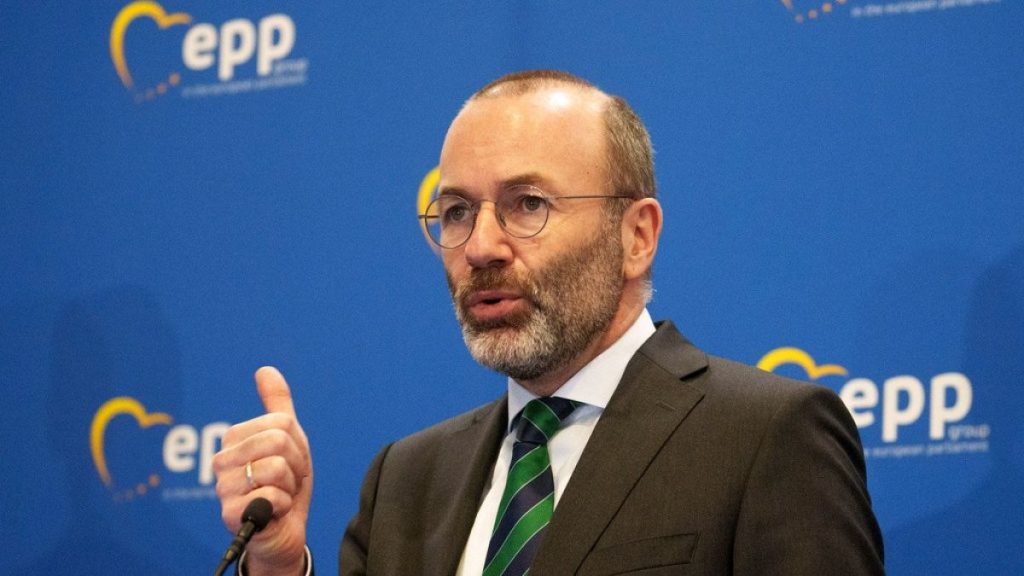Germany is currently engaged in a domestic political debate surrounding the idea of creating a homegrown alternative to NATO, driven by fears over the alliance’s credibility. French President Emmanuel Macron’s proposal to offer a nuclear umbrella to Europe has garnered support from German MEP Manfred Weber, who heads the European People’s Party. Weber criticized left-wing Chancellor Olaf Scholz for failing to engage with Macron’s proposal, emphasizing the need for a discussion on the matter. Macron’s plan aims to extend security guarantees based on nuclear deterrence and broaden the concept of France’s national security to include the defense of European territories.
Macron’s proposal comes in response to Russia’s invasion of Ukraine and concerns about the potential weakening of the transatlantic alliance under a second Donald Trump presidency. The French President views France’s nuclear deterrent as a crucial component for defending the European continent, highlighting the importance of a collective European security order. Weber emphasized Macron’s willingness to defend Lithuania as an example of his broader European security perspective. Trump’s suggestion that the US may not automatically come to the aid of allies who do not meet military spending commitments has sparked worries about Europe’s ability to defend itself and uphold NATO treaty obligations.
While France is the only EU member with nuclear capabilities, the role of other EU institutions and representatives like Weber in developing a European nuclear guarantee remains unclear. The European Commission is working to coordinate military production among member states to support Ukraine, with President Ursula von der Leyen making defense a priority for a potential second term. However, the EU includes neutral countries like Ireland and Austria, and its founding treaties prohibit the direct purchase of weapons. Scholz, who leads a coalition government in Germany, has expressed skepticism about the idea of a European nuclear guarantee, citing the country’s NATO membership and non-possession of atomic weapons.
Recent events, including Putin’s ordering of tests for tactical nuclear weapons, have heightened concerns about the need for a European security strategy. The tense situation between Russia and Ukraine has underscored the importance of strong collective defense mechanisms in Europe, particularly in the face of aggressive actions by nuclear-armed states. The ongoing debate in Germany and other EU member states reflects a broader discussion about the future of European security and the role of NATO in maintaining stability and deterrence in the region. The outcome of this debate will have significant implications for the future of European defense policy and cooperation.













